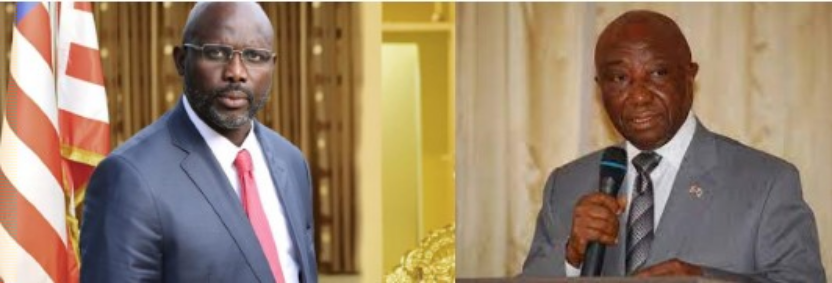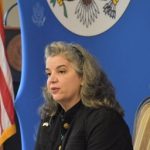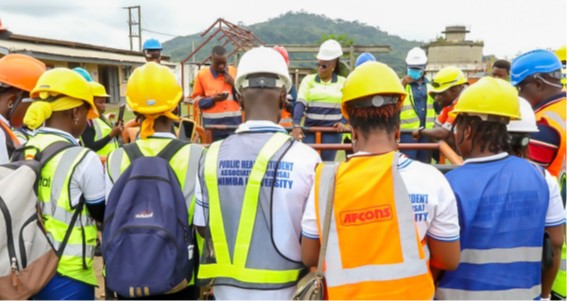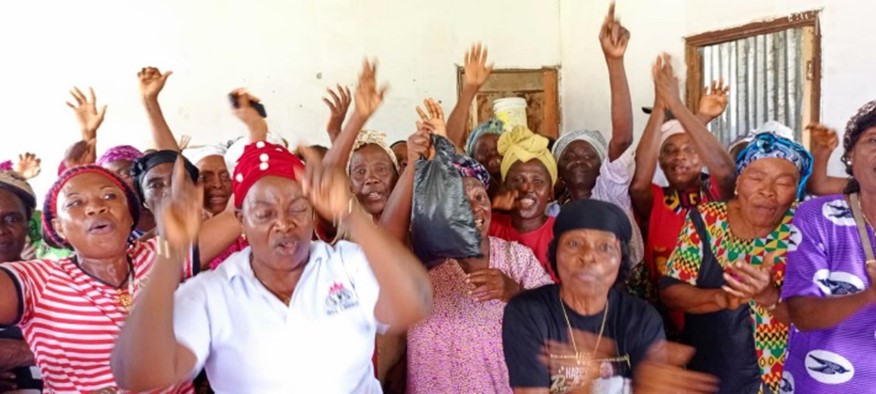Tomorrow, Tuesday, November 14, 2023 Liberians go to the polls to decide who becomes the next President of the country in a presidential run-off between the two persons with the highest votes in the October 10, 2023 presidential election: George M. Weah, Coalition for Democratic Change (CDC), and Joseph N. Boakai, Unity Party (UP).
Incumbent President Weah led the first round of the election with a little over 7,000 votes, winning eight of the fifteen counties, while Boakai came runner-up, winning the remaining seven counties. Both candidates accumulated over 40% of the total votes. But because the Constitution calls for a candidate to win with absolute majority (over 50%), the two are now faced in a run-off election.
Since the opening of campaign by the National Elections Commission (NEC) on October 25, 2023, there has been several endorsements for the two candidates. Boakai has received endorsements from Edward Appleton (GDM), Lusine Kamara (ALCOP), Tiawan Gongloe (LPP) and Sheikh Kouyateh (LFM). Weah, too, has received endorsements from William Tuider (DNA), Benoni Urey (ALP) and the Collaborating Political Parties (CPP). Candidates such as Clarence Moniba (LINU) and Sara Beysolow Nyanti (ALL) have refused to take a definite position for the run-off election.
The NEC is expected to open the polls tomorrow from 8:00 to 6:00 p.m. for registered citizens to exercise their political right, after which the NEC temporary staff will tally the results and forward same to the NEC headquarters for those clothed with the authority to announce the results.
It is expected that the NEC will begin to announce the the election results as of Wednesday, November 15, 2023. The winner of the election will be inaugurated on the third working Monday in January 2024.
With both the UP and CDC displaying numerical strength at the close of their campaign rallies, it is again expected that the turnout for the run-off election will be very high—maybe not as high as the first-round of the election due to the mass voter trucking that occurred—as both sides are calling on their partisans and supporters to express their will at the poll.
Both sides are hopeful of winning the election; however, only one party will receive the mandate of the people to lead.
Meanwhile, Liberians are being urged to refrain from all forms of violence during and after the election, and consider the Republic as the common denominator for which the sustenance of peace has become the single most important factor in the process.
Maintaining the peace after tomorrow’s election could put Liberia in a possible position of being the most peaceful state in the West African sub-region and improve its credentials in upholding the tenets of democracy, which could open the country again for international investment and donor funding.
However, a leap into not maintaining the peace could drag the country back into darker days, especially now that the political parties have all established militant groups and are indoctrinating their supporters with hate contents and anti-unity postures.
Like the western-style democracy, Liberians will become happier and more unified if either of the standard bearers is the first person to congratulate the other or concede defeat after the NEC announces the winner. Additionally, this could lessen the tension from party extremists whose only hope is that their side becomes the next ruling party.







